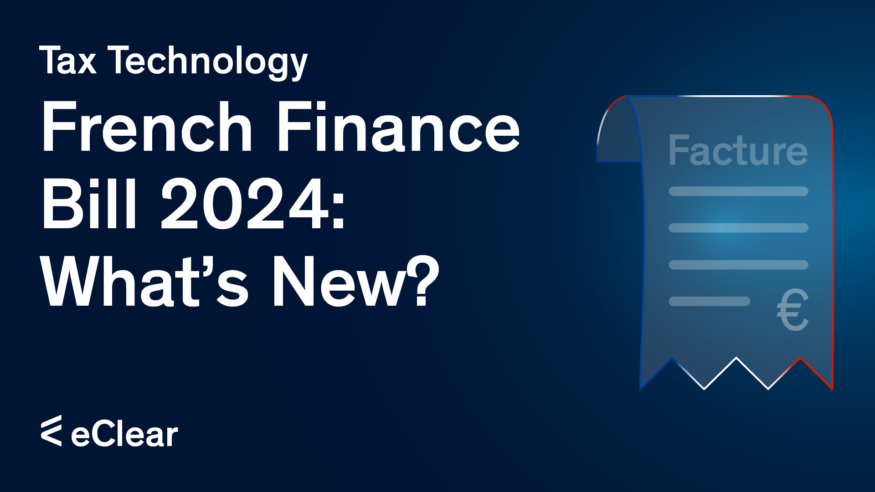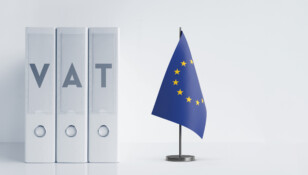Transposition of EU Directive 2020/285: Simplification for Small Businesses
One of the main changes is the adoption of EU Directive 2020/285, which introduces a special VAT scheme for small businesses. This measure aims to foster the growth and sustainability of small enterprises. Businesses that do not exceed certain turnover thresholds are exempt from VAT obligations. However, they are also not allowed to deduct input VAT. An important aspect of this change is that small businesses established in other EU Member States can also benefit from this exemption. The EU-wide threshold is set at €100,000 in turnover.
Monitoring and Data Exchange: Efficient Administration
To ensure compliance with the thresholds, businesses must report their turnover in each Member State on a quarterly basis to the relevant tax office. A European data exchange system will be established to ensure the smooth functioning and monitoring of this system. This innovation ensures that businesses can operate more efficiently and transparently.
Inclusion of Non-EU Businesses: Global Opportunities
Small businesses from non-EU countries can also benefit from these regulations if they have a fixed establishment in an EU Member State. In France, the threshold for VAT exemption is set at €85,000. This measure opens new opportunities for global businesses and facilitates market entry into the EU.
Enhanced Fraud Prevention: Security and Compliance
To more effectively combat tax fraud, tax and customs authorities are granted expanded powers. They can collect and utilise data from online platforms to detect fraud. Additionally, they are allowed to conduct active investigations under pseudonyms on websites and social networks. For non-EU businesses, a robust tax compliance procedure is introduced to ensure their economic activities within the EU comply with regulations.
Sanctions for Public Aid Fraud: Strict Measures
A new graduated sanction system is introduced to combat public aid fraud. Recipients who unlawfully obtain public aid can be penalised with fines of 40% or 80% of the amount received, depending on the severity of the fraud. This measure aims to strengthen the integrity of public finances and act as a deterrent.
Conclusion: New Opportunities and Increased Security
The changes in the French Finance Bill for 2024 offer new opportunities for small businesses and facilitate cross-border operations. At the same time, they ensure increased security and compliance within the tax system. Our experts at [Company Name] are available to help your business fully benefit from these new regulations and ensure compliance. Contact us for personalised advice and tailored solutions.
Stay informed and take advantage of the opportunities presented by these legislative changes. We are here to help you manage your tax obligations efficiently and grow your business successfully.







